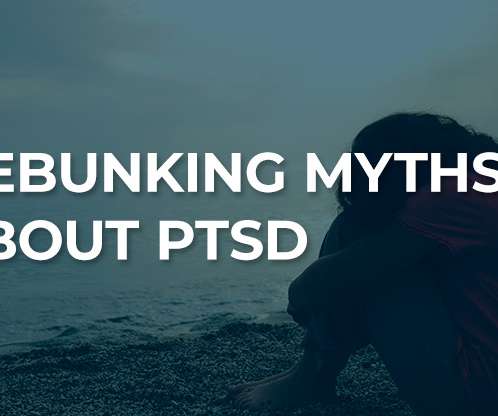Anxiety In Elderly: Types, Symptoms, Causes & Ways To Manage 2023
Blurt It Out
SEPTEMBER 19, 2023
It is estimated that the rate of anxiety disorders in older adults is as high as 20.8% , [1] a number that closely mirrors the rates seen in all adults. How Do You Treat Anxiety Disorders In Older Adults? The Diagnostic and Statistical Manual of Mental Disorders has been updated to its fifth edition (referred to as DSM-5).















Let's personalize your content